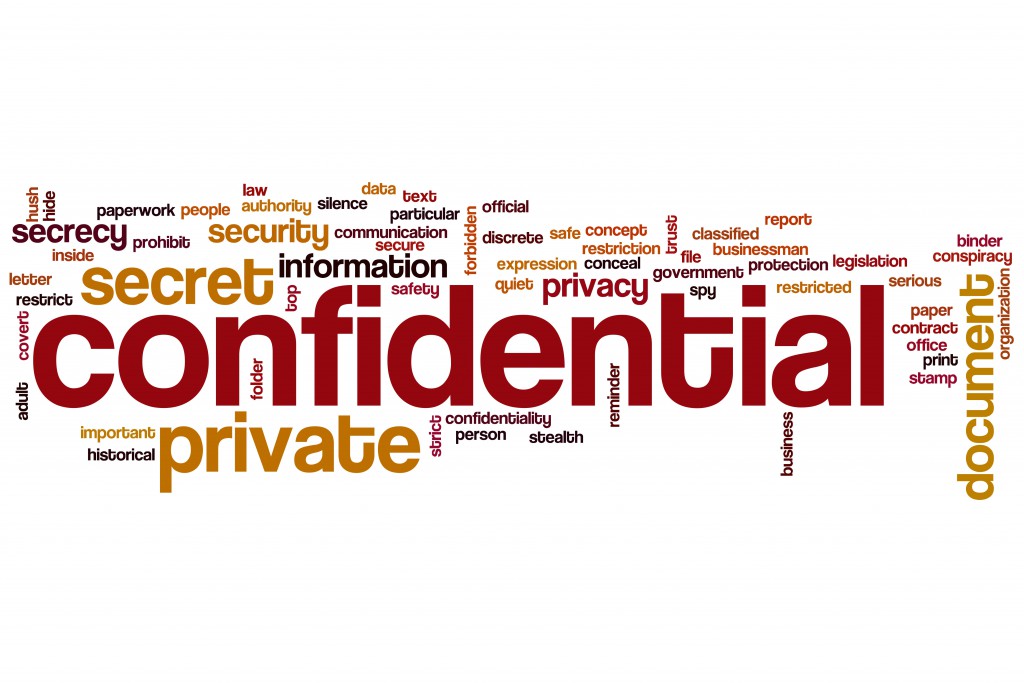
Practical steps to protect confidential information
- Sign a confidentiality agreement before disclosing confidential information especially relating to prospective patents.
- Review contracts with employees and outside contractors to see they contain appropriate confidentiality clauses.
- Ensure new employees do not use trade secrets from their previous workplace.
- Audit present security arrangements.
Elements of an action for breach of confidence
Case law has established that in order to succeed in an action for breach of confidence, the claimant must show:
- The information has the necessary quality of confidence about it.
- The information was imparted in circumstances importing an obligation of confidence.
- The defendant has made unauthorised use of that information.
What is confidential information?
The information must be secret in the sense of not being generally known and must not be trivial.
Where the material is a mixture of public and private information the court may deem it confidential if it would give a “springboard” advantage over competitors.
Example: Following termination of a joint venture, the defendant was prevented from marketing portable buildings to the claimant’s design even though the design had been made public through sales of the buildings and brochures.
What circumstances give rise to an obligation of confidence?
The holder of the information can impose an obligation of confidence expressly.
In the absence of express agreement the duty to keep information secret may be implied from:
- The surrounding circumstances. Example: In Oasis (1997) a scene was arranged under strict security for a photo shoot to be used as an album cover.
- Publication of unauthorised photographs was restrained on the basis of breach of confidence in Douglas v. Hello (2007)
- The relationship between the parties: for example employer and employee.
When is use or disclosure unauthorised?
This is a question of fact in each case. Innocent misuse of confidential information can still give rise to liability. Exceptionally a defence may be raised that disclosure is in the public interest or in furtherance of the right of freedom of expression under the Human Rights Act 1998.
Remedies for breach of confidence
An injunction prohibiting further use of the information may be available (even if the information is in the public domain). The claimant may also ask for damages or an account of profits, and delivery up and destruction of any property containing the information.





